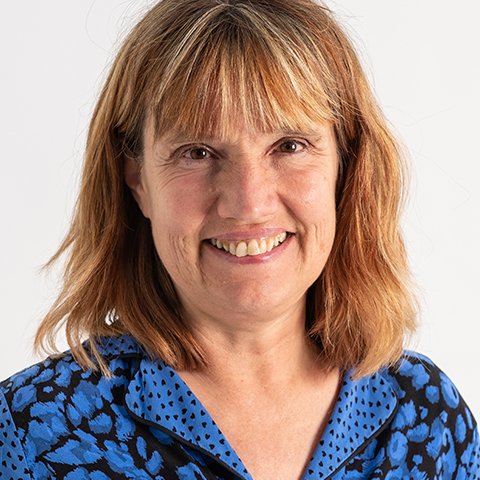Importance of digital media designs for mental health: Lessons from a qualitative study on people with eating disorders
Most research on digital media and eating disorders (EDs) has focused on the detrimental effects of idealised images of thinness. The study took a qualitative approach to explore also other potential detrimental or beneficial implications of digital media.
Qualitative, open-ended, video call interviews (n=31) with people with current or past EDs, recruited through a UK ED charity and a UK university in 2020 after ethical approval. Interviews were recorded, transcribed and analysed thematically.
The interviews featured 3 themes, highlighting how the design of platforms shape use and content. First, the multimodal features of messaging apps (chat, voicenotes etc.) were helpful for connecting with close friends and family but features encouraging monitoring in messaging and broadcasting (e.g. Facebook) platforms fuelled detrimental pressure and social comparisons. Second, diet and fitness influencers triggered EDs, fuelled by algorithms that pushed similar content; recovery influencers were helpful but could also repeat triggering body exposure driven by the algorithms. Third, many had accessed online support e.g. ED groups, influencers, coaches and counselling, which was mainly helpful, but due to their expansive and unregulated nature it was difficult to discern helpful from harmful support.
Research, policy and campaigns on digital media and EDs, timely during the pandemic, mostly focus on content. The results suggest paying critical attention to designs that seek to foment engagement with digital media with detrimental implications, such as monitoring features, competitive streams, algorithms and expansive, unregulated forms of support.
Dr Paula Saukko

Dr Saukko is a Reader in Social Science and Medicine in the School of Social Sciences and Humanities, Loughborough University, UK. She has a long term research interest and expertise in eating disorders and a general interest in health, mental health and digital media. She uses qualitative methods and combines Media Studies and Sociology.